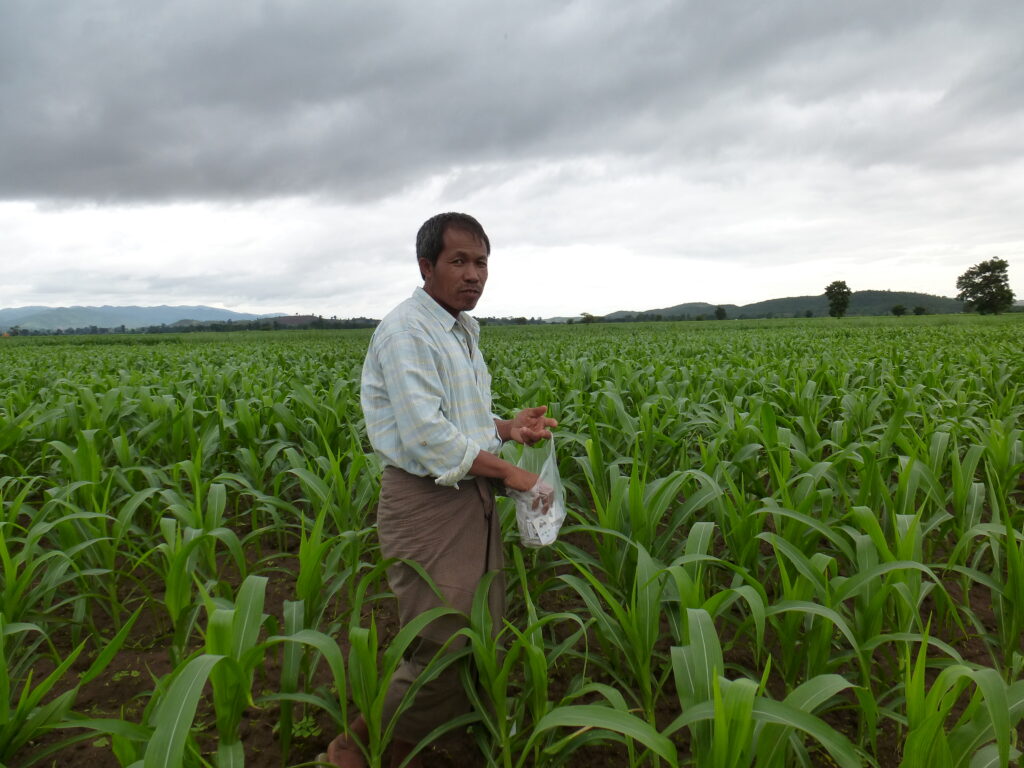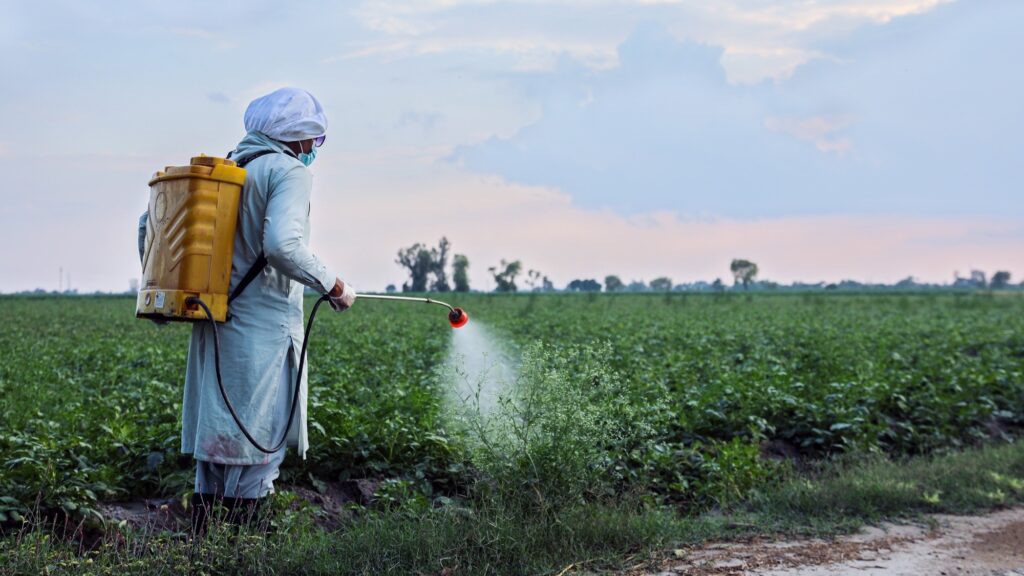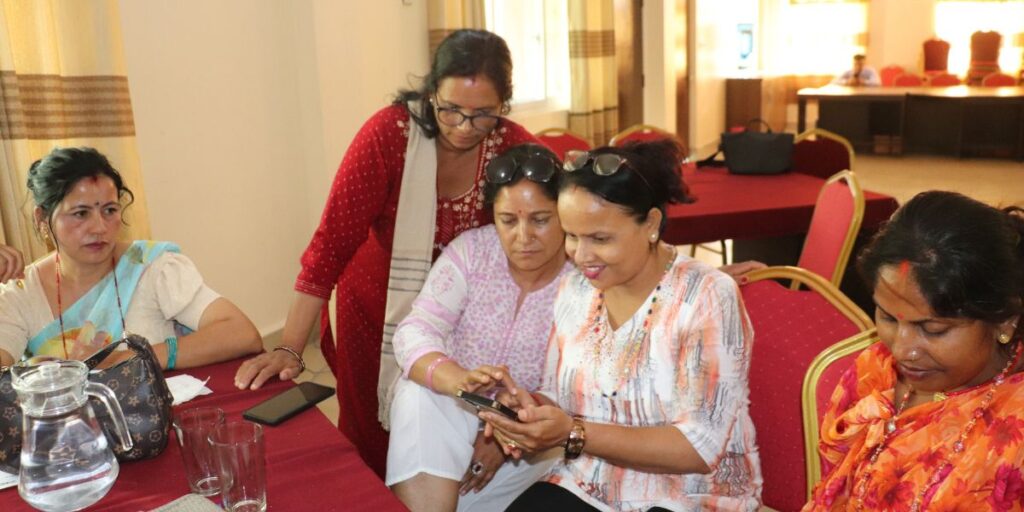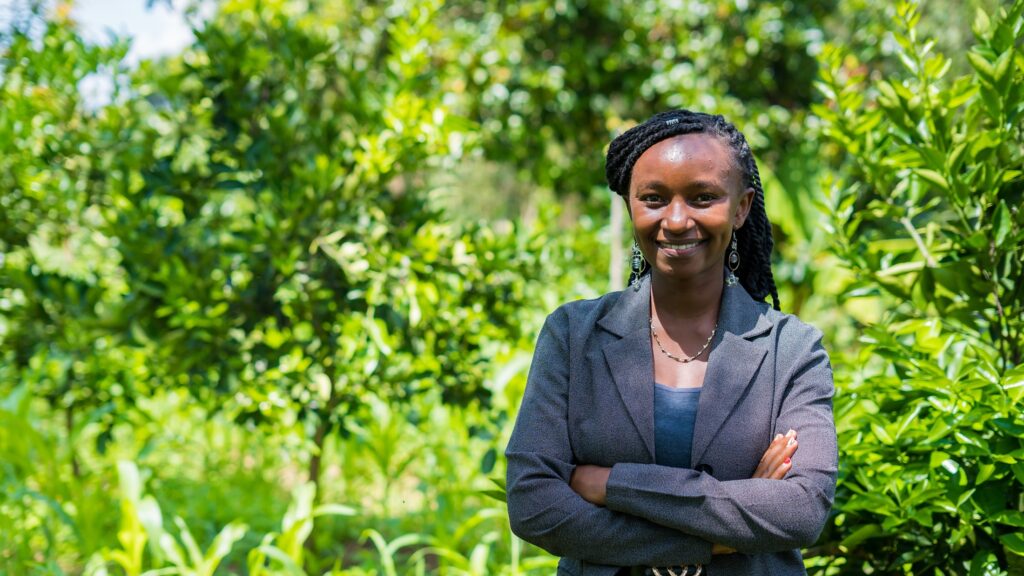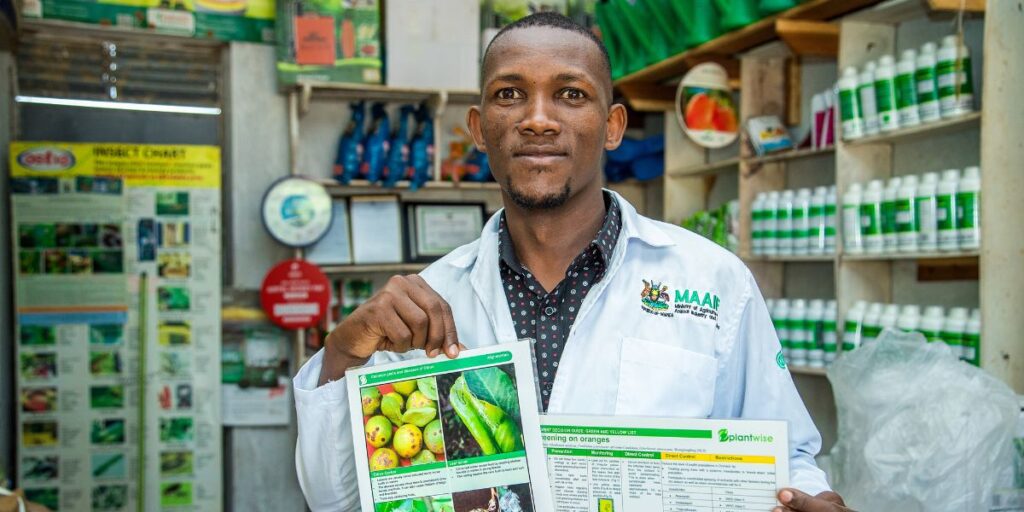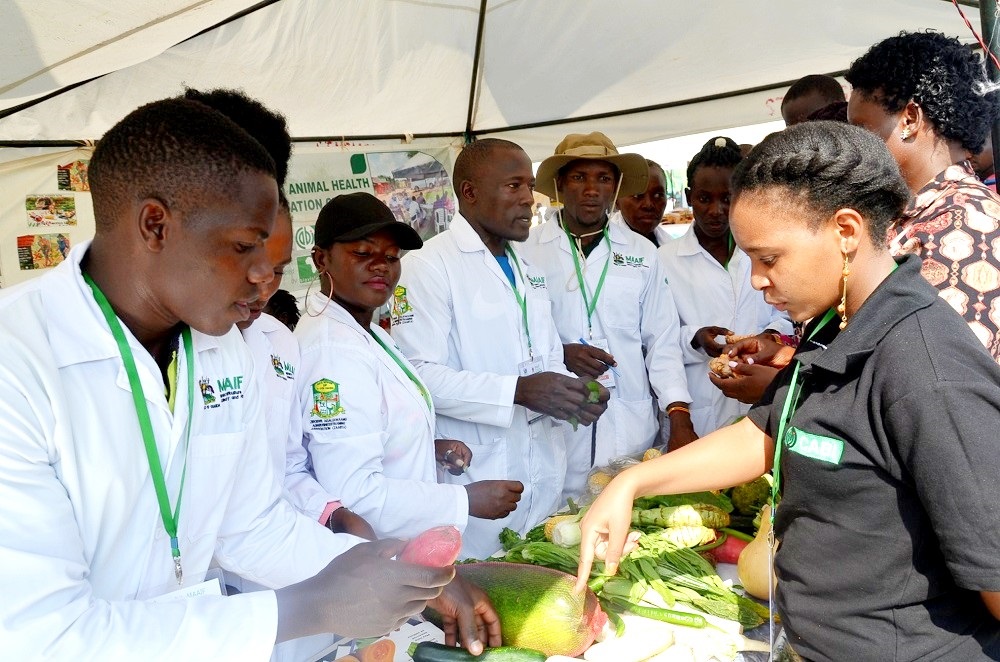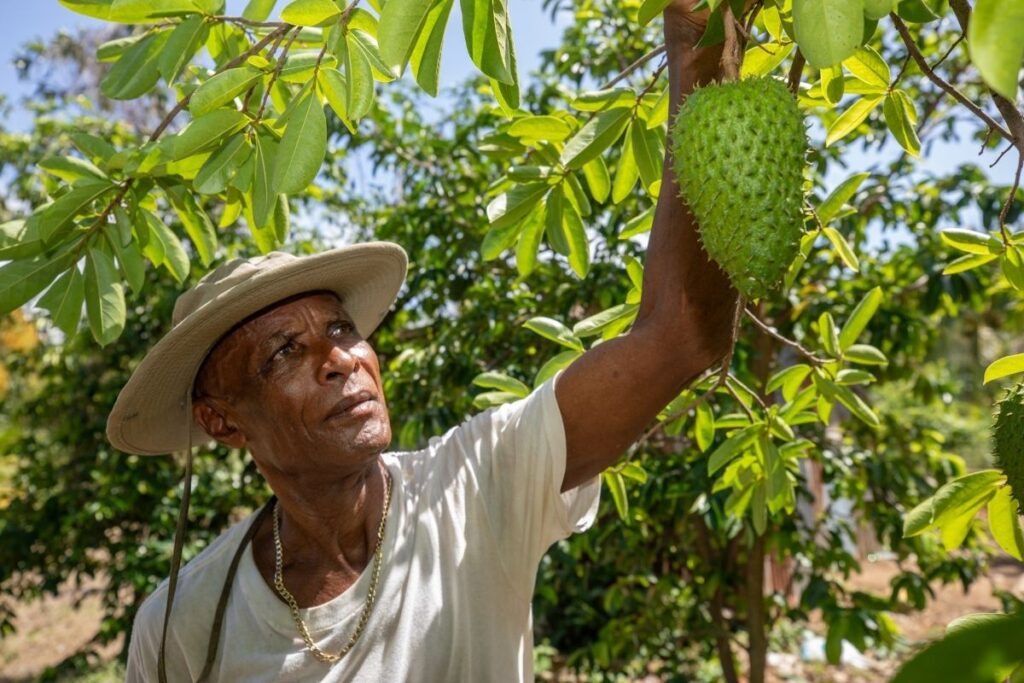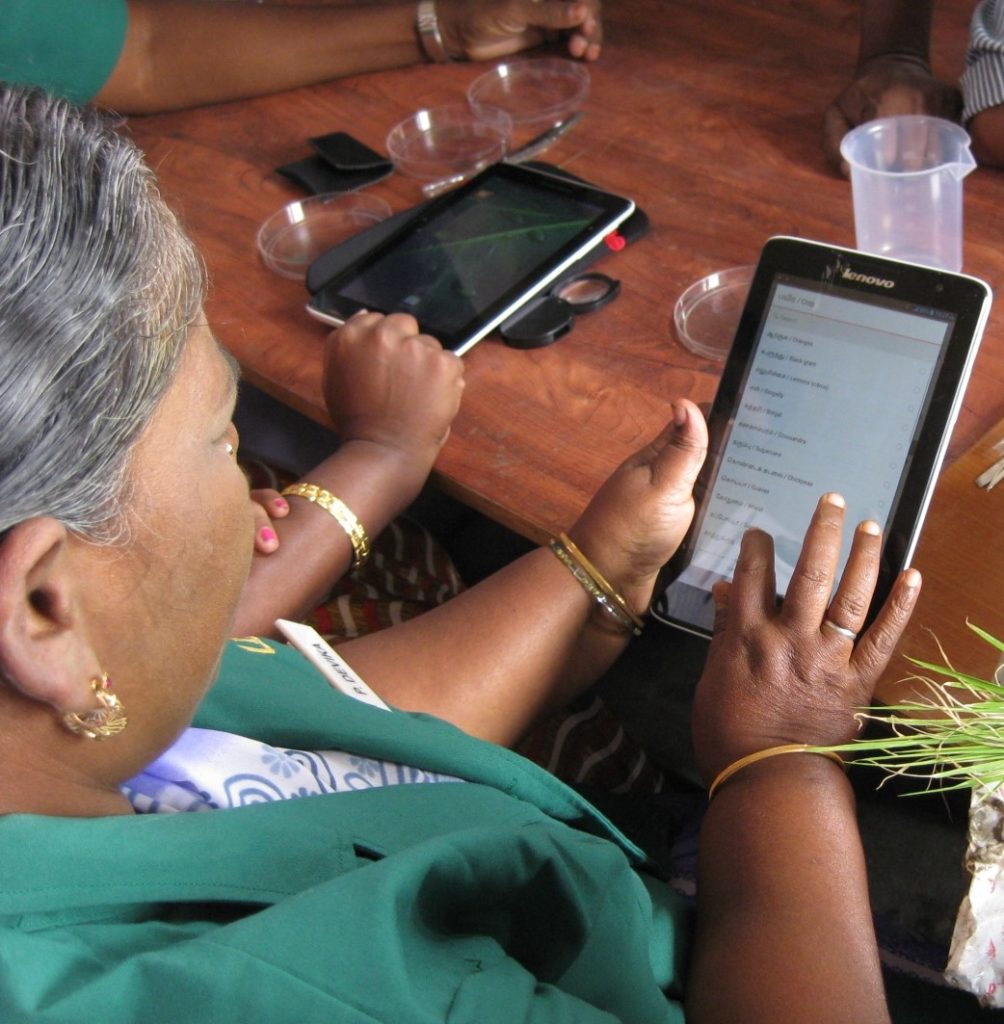Pesticide risk reduction in Pakistan: Building a safer future for farming
Pesticides play a critical role in crop protection, but the overuse and misuse of highly hazardous pesticides (HHPs) pose serious risks to farmers’ health, the environment, and international market access. In recent years, pesticide risk reduction in Pakistan has emerged as a national priority, a trend shared by many countries worldwide. In particular, following trade…
Youth leading Africa’s food future: Meet Mary Mueni, a young Kenyan at the forefront of agribusiness innovation
We meet Mary Mueni in May 2025, in Wote Nziu, Makueni County, Kenya, where she is leading a hands-on training with mango farmers. The topic is climate-smart technologies, and she is in her element. She moves confidently among the group, breaking down complex ideas into simple and relatable terms. Every so often, she pauses to…

